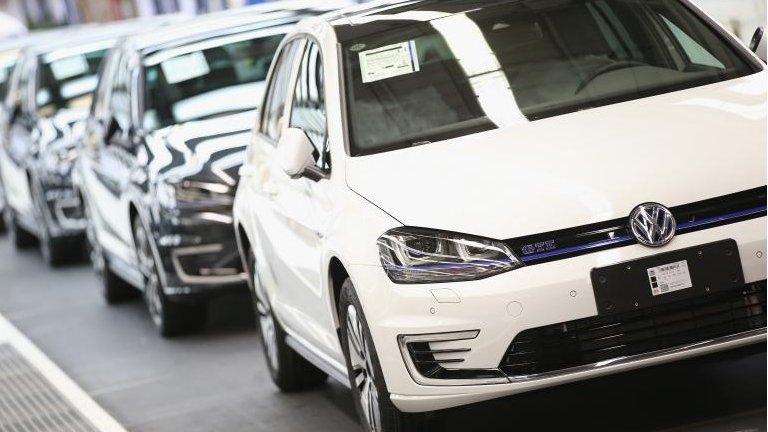VW emissions scandal: US regulators find more cars with cheat tests
- Published
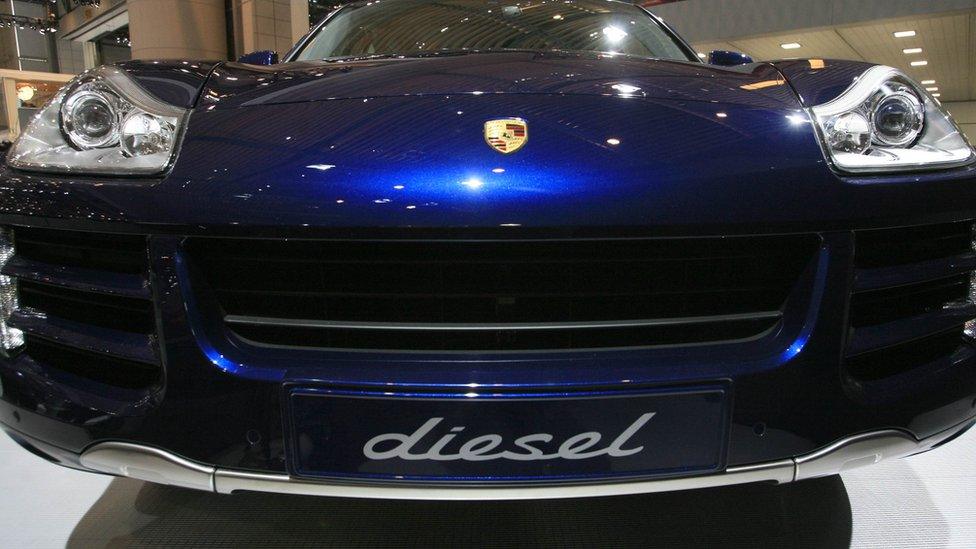
Volkswagen cars with bigger diesel engines also contained software devices designed to cheat in emissions tests, according to US regulators.
Porsche, Audi and VW cars are all included in this new investigation, which affects at least 10,000 vehicles.
The Environmental Protection Agency (EPA) said that cars with 3.0 litre engines from the years 2014 to 2016 were affected.
However VW denies the vehicles have software designed to cheat tests.
Instead the company says that cars with the 3.0 litre diesel V6 engines "had a software function which had not been adequately described in the application process".
Porsche 'surprised'
Volkswagen said it was cooperating with the EPA to "clarify the matter".
"Volkswagen AG wishes to emphasize that no software has been installed in the 3-liter V6 diesel power units to alter emissions characteristics in a forbidden manner," the company said in a statement.
Meanwhile, Porsche said it was "surprised" by the EPA's allegations.
"Until this notice, all of our information was that the Porsche Cayenne diesel is fully compliant," it said in a statement.
The EPA says the investigation is ongoing.
"VW has once again failed its obligation to comply with the law that protects clean air for all Americans," said Cynthia Giles, assistant administrator at the EPA's enforcement unit.
The EPA identified these diesel models as containing software aimed at cheating tests:
2014 VW Touareg
2015 Porsche Cayenne
2016 Audi A6 Quattro; A7 Quattro, A8, A8L and Q5

Analysis: Theo Leggett BBC business reporter
Although the number of cars involved in the US is relatively small, the latest allegations from the EPA represent a very serious new headache for Volkswagen.
Firstly, it suggests that the fitting of defeat devices was more widespread than previously thought - although VW has issued a statement contesting the EPA's verdict.
If the EPA sticks to its guns, that could mean higher fines, more lawsuits - and yet more recalls over and above the millions already announced.
So the multi-billion dollar bill for the scandal may get a lot bigger.
And then there's a new brand involved: Porsche. Not a manufacturer usually associated with diesel motors, but in fact they are a popular option for larger models such as the Panamera, Macan and Cayenne.
This is very bad news for VW's new chief executive, Matthias Mueller. He's the man charged with clearing up the mess at the company.
But since he was head of Porsche before taking on the top job, if there was wrongdoing associated with Porsche cars, it would have happened on his watch.
Volkswagen: The scandal explained

In early September Volkswagen admitted to the EPA that cars from the model years 2009 to 2015 contained software designed to cheat emissions tests.
It said that 11 million cars were affected.
That prompted US regulators to run further tests designed to detect such defeat devices and led to today's announcement from the EPA.
"These tests have raised serious concerns about the presence of defeat devices on additional VW, Audi and Porsche vehicles. Today we are requiring VW Group to address these issues. This is a very serious public health matter," Ms Giles said.
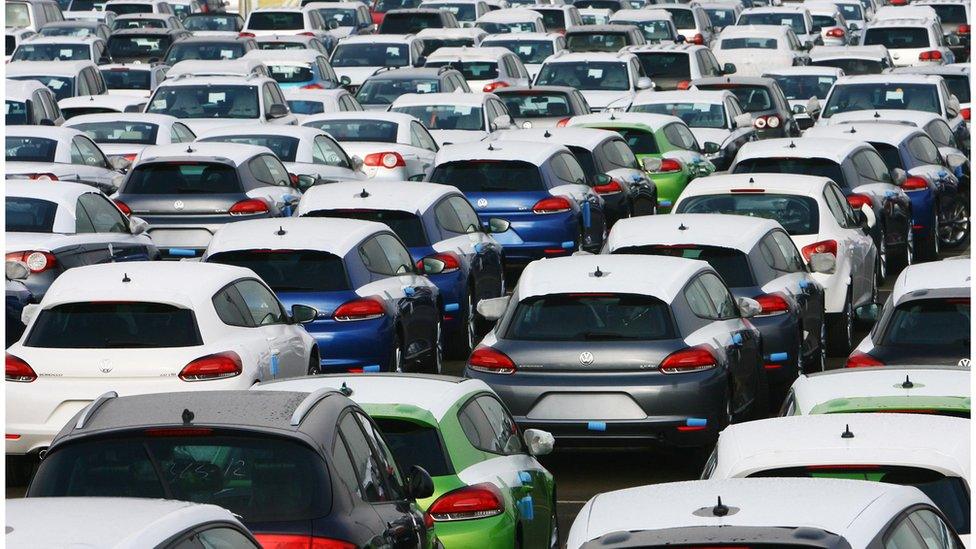
Criminal investigations
Regulators all over the world are now looking at Volkswagen's diesel cars and the company is also facing criminal investigations.
State and federal prosecutors in the US have announced criminal investigations and German prosecutors are looking into the scandal.
The company's chief executive Martin Winterkorn resigned in late September as the scale of the scandal emerged.
At the time he said he was "not aware of any wrongdoing on my part" but was acting in the interest of the company.
Mounting costs
Last month Volkswagen reported its first quarterly loss for at least 15 years after taking a big charge to cover the costs of the scandal.
VW said it had set aside €6.7bn ($7.4bn; £4.8bn) to cover costs related to emissions cheating, which left it with a €2.52bn pre-tax loss for the third quarter of the year.
Many analysts expect that the firm will have to set aside more money to cover the recall of cars, penalties and lawsuits.
- Published10 December 2015
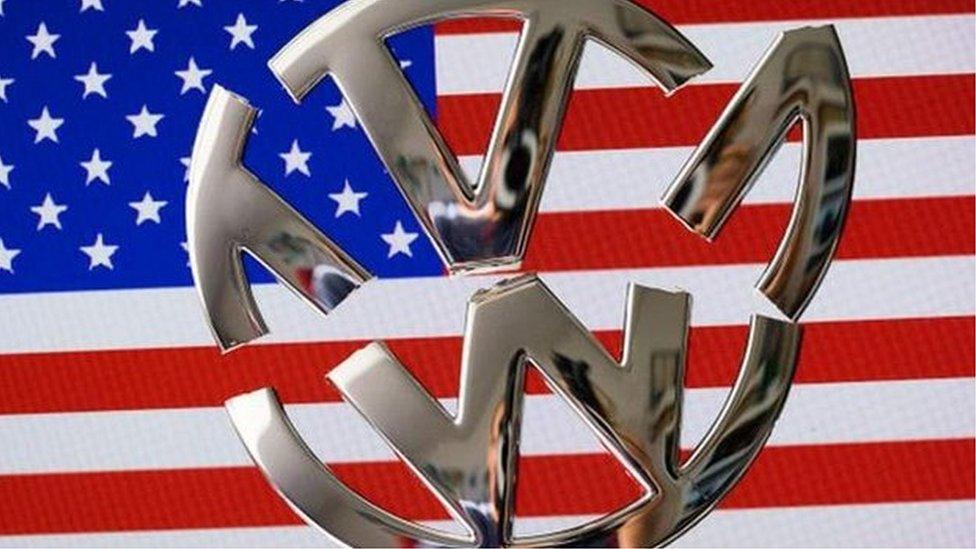
- Published4 November 2015
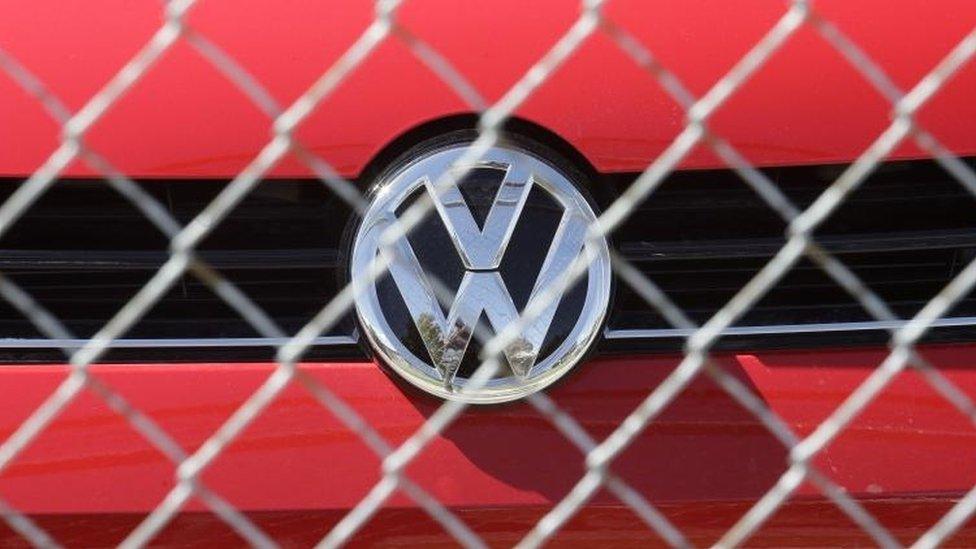
- Published24 September 2015
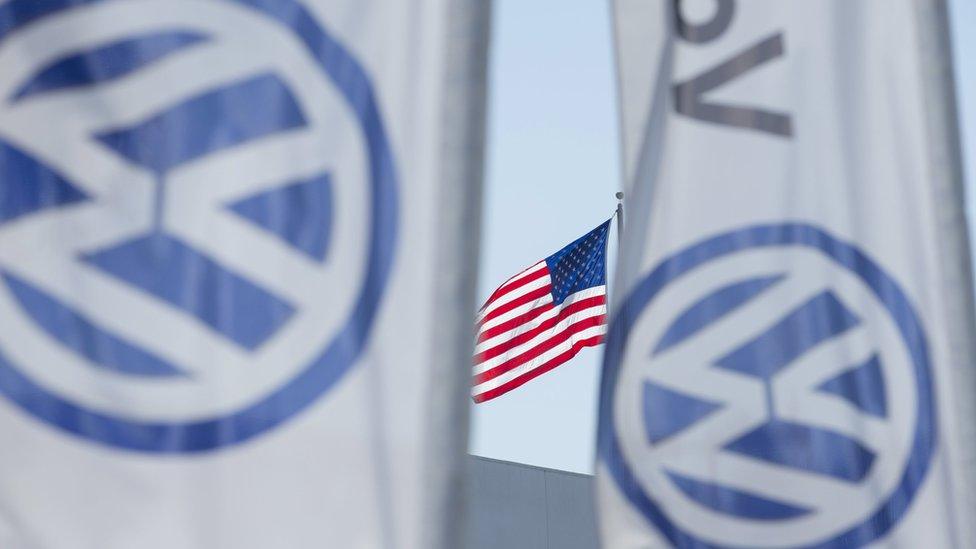
- Published28 October 2015
